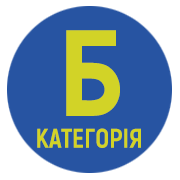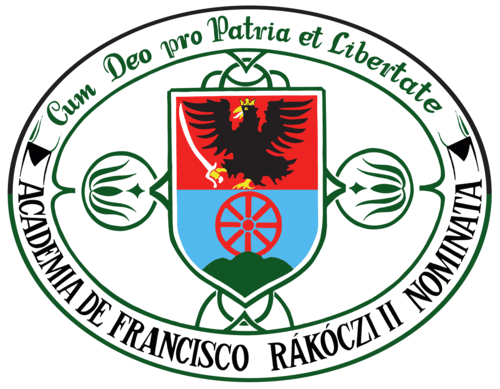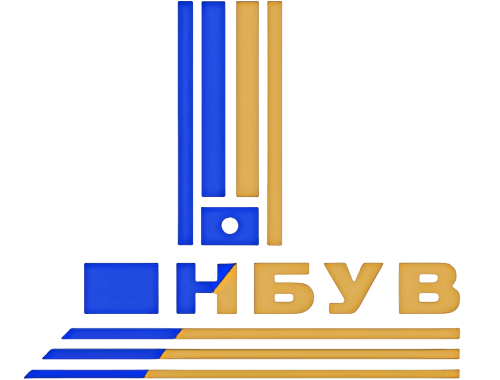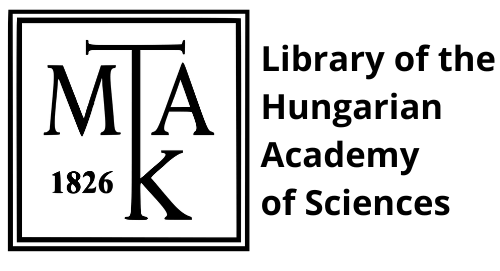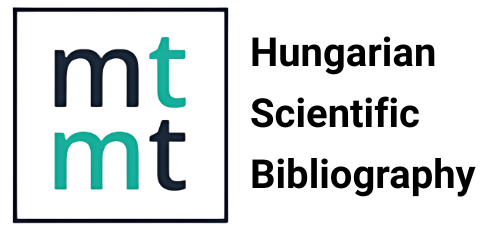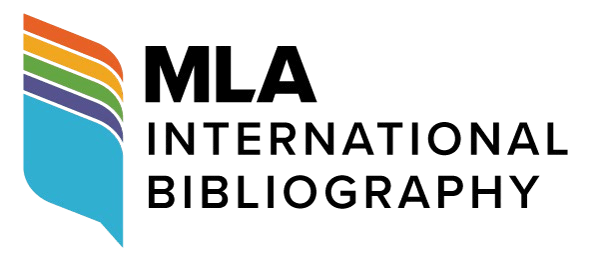Existential choice of heroes against the background of global disasters in Max Kidruk’s techno-thrillers “Bot: Atacama Crisis” and “Bot: Guayaquil Paradox”
DOI:
https://doi.org/10.58423/2786-6726/2024-2-153-169Keywords:
existentialism, choice and responsibility, Max Kidruk, techno-thrillerAbstract
The proposed article examines the existential issues of Max Kidruk’s novels “Bot: Atacama Crisis” and “Bot: Guayaquil Paradox”, in particular: motifs of the absurdity of existence, alienation, freedom of choice, responsibility for one’s choice, fear of death, the search for the meaning of life and authenticity.
A detailed examination of the symbolic elements, motives and themes that form the existential consciousness of the characters in the context of modern technological and environmental challenges is carried out; the role of technology as a central aspect of the modern existential crisis is emphasized. The impact of technological utopias and catastrophes on human consciousness and moral choice in literary interpretation and philosophical approaches to the analysis of literary works is investigated, which allows for a deeper understanding of the interaction of man with technological progress and the natural environment, highlighted in modern literature.
In the course of the research, it was determined that existential issues occupy an important place in the literature of the 20th century and retain their relevance in modern literature.
Max Kidruk, a Ukrainian writer known for his techno-thrillers, reveals in his novels different existential problems relevant to humanity: the motif of technological threat permeates both novels under study (“Bot: Atacama Crisis” and “Bot: Guayaquil Paradox”), reflecting the fear of the uncontrolled use of the latest technologies. The author raises the question of the ethics of scientific experiments and possible consequences for humanity. The motif of moral choice is also central to Kidruk’s works. Heroes are forced to make difficult decisions that affect their lives and the lives of other people; the author emphasizes the importance of moral principles in the modern world.
The theme of human interaction with nature is relevant in both novels. Kidruk shows how human activities can lead to serious ecological disasters, emphasizing the need to raise environmental awareness and responsibility. The author raises issues about the nature of consciousness and the limits of scientific experiments, forcing the reader to think about the ethical aspects of technological progress.
Consequently, both of Kidruk’s works address deep existential questions about the nature of evil, human responsibility, and the impact of technology on society. They emphasize that civilization can both elevate and destroy human spirituality, and call for awareness of the consequences of one’s actions. The common will of all people can stop absolute evil and its rule on earth, but for this everyone must fight their inner demons and make morally responsible choices.
References
Kidruk, M. 2015. Bot: Guaiakilskyi paradoks: roman [Bot: Guayaquil Paradox: novel]. Kharkiv: Knyzhkovyi Klub «Klub Simeinoho Dozvillia». (In Ukrainian)
Kidruk, M. 2016. V chomu riznytsia mizh tekhnotrylerom i naukovoiu fantastykoiu [What is the difference between techno-thriller and science fiction?]. YouTube: website. URL: https://www.youtube.com/watch?v=aUL2y0GhmMg (Accessed: 31. 05. 2024). (In Ukrainian)
Kidruk, M. 2020. Bot: Atakamska kryza: roman [Bot: Atacama Crisis: novel]. Kharkiv: Knyzhkovyi Klub «Klub Simeinoho Dozvillia». (In Ukrainian)
Kostetska, L. O. 2015. Zhanr tryleru v tvorchosti M. Kidruka [Thriller genre in the work of M. Kidruk]. Naukovyi visnyk Mykolaivskoho derzhavnoho universytetu imeni V. O. Sukhomlynskoho. Seriia: Filolohichni nauky (literaturoznavstvo) 16/2: s. 133–137. http://nbuv.gov.ua/UJRN/Nvmduf_2015_2_29 (In Ukrainian)
Kostetska, L. O. – Kurlova, A. Yu. 2018. Obrazy-symvoly u romani M. Kidruka «Ne ozyraisia i movchy» [Symbolic images in M. Kidruk’s novel „Don’t look back and be silent”]. Molodyi vchenyi 1/1: s. 223–226. http://nbuv.gov.ua/UJRN/molv_2018_1(1)__55 (In Ukrainian)
Lysokolenko, T. – Karpan, I. – Rohova, O. 2021. Ukrainskyi ekzystentsializm: pomizh filosofiieiu ta literaturoiu [Ukrainian existentialism: between philosophy and literature]. Naukovo-teoretychnyi almanakh Hrani 24/7–8: pp. 13–20. https://doi.org/10.15421/172173 (In Ukrainian)
Moroz, O. A. 2015. Onimy v khudozhnomu dyskursi Maksa Kidruka (na materiali romanu «Tverdynia») [Onyms in the artistic discourse of Max Kidruk (based on the material of the novel „Fortress”)]. Visnyk Donetskoho natsionalnoho universytetu. Seriia B. Humanitarni nauky 1–2: s. 167–172. https://jvestnik-b.donnu.edu.ua/article/view/2569 (In Ukrainian)
Ovsianytska, H. V. 2020. Zhanrovyi symbioz tvoru M. Kidruka «Doky svitlo ne zghasne nazavzhdy» [Genre symbiosis of M. Kidruk’s work „Until the light goes out forever”]. Ukrainska literatura v prostori kultury i tsyvilizatsii. http://ukrlit-2017.blogspot.com/2020/02/blog-post_57.html (Accessed: 29. 05. 2024). (In Ukrainian)
Pasko, I. V. 2016. Zhanrovo-stylova spetsyfika tekhnotryleriv Maksa Kidruka [Genre and style specifics of Max Kidruk’s techno-thrillers]. Naukovi pratsi Chornomorskoho derzhavnoho universytetu imeni Petra Mohyly kompleksu «Kyievo-Mohylianska akademiia». Seriia: Filolohiia. Literaturoznavstvo 264/276: s. 86–91. http://nbuv.gov.ua/UJRN/Npchdufl_2016_276_264_16 (In Ukrainian)
Tykha, U. I. 2012. Zhanrovi ihry v postmodernistskomu tvori [Genre games in postmodern literature]. Naukovi zapysky Natsionalnoho universytetu «Ostrozka akademiia». Seriia: Filolohichna 29: s. 366–367. https://lingvj.oa.edu.ua/articles/2012/n29/121.pdf (In Ukrainian)
Downloads
Published
How to Cite
Issue
Section
License
Authors retain copyright and grant the journal the right of first publication. The work is simultaneously licensed under a Creative Commons Attribution 4.0 International License (CC BY 4.0), which permits others to share the work with appropriate credit given to the author(s) and the initial publication in this journal.

